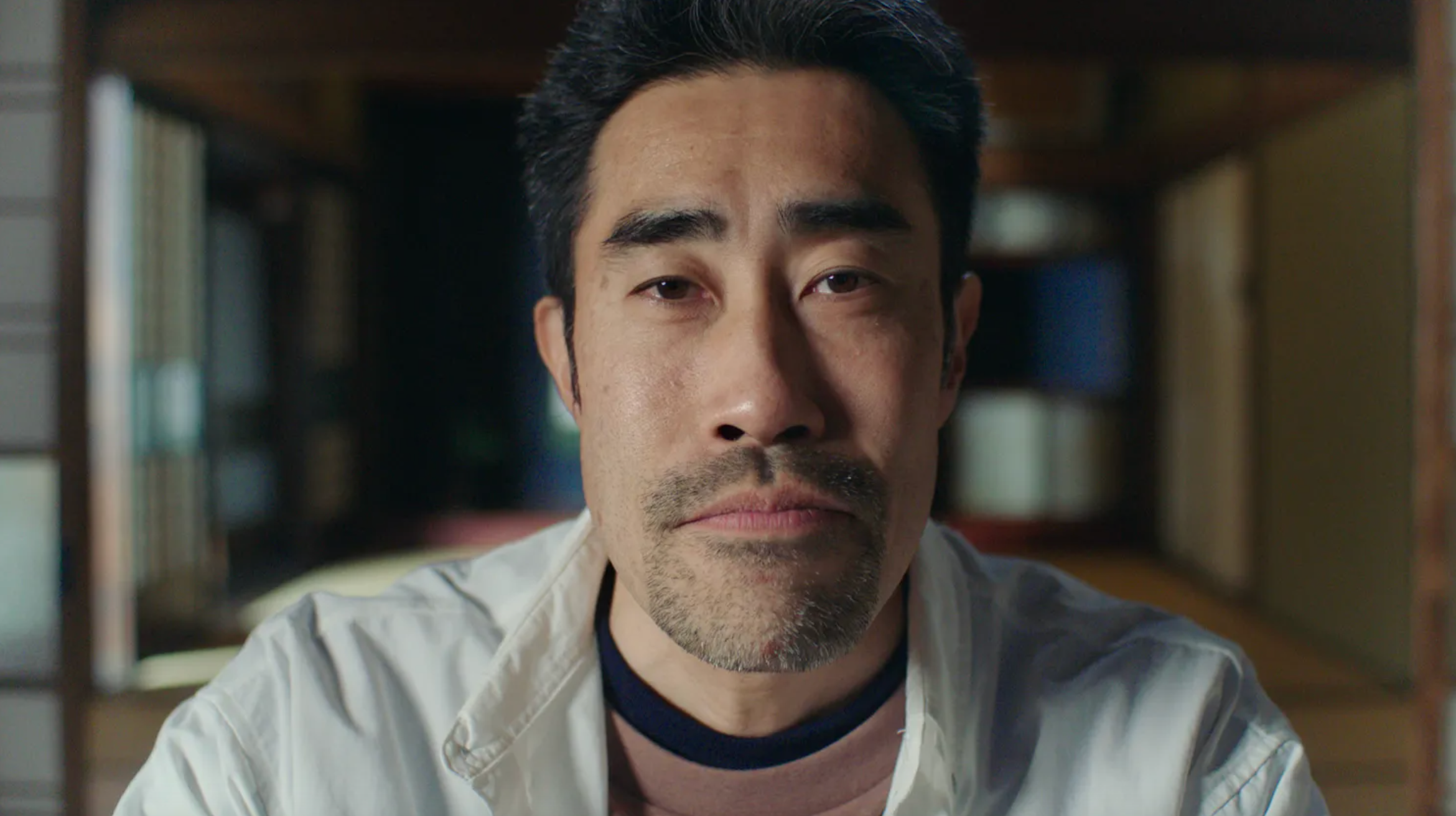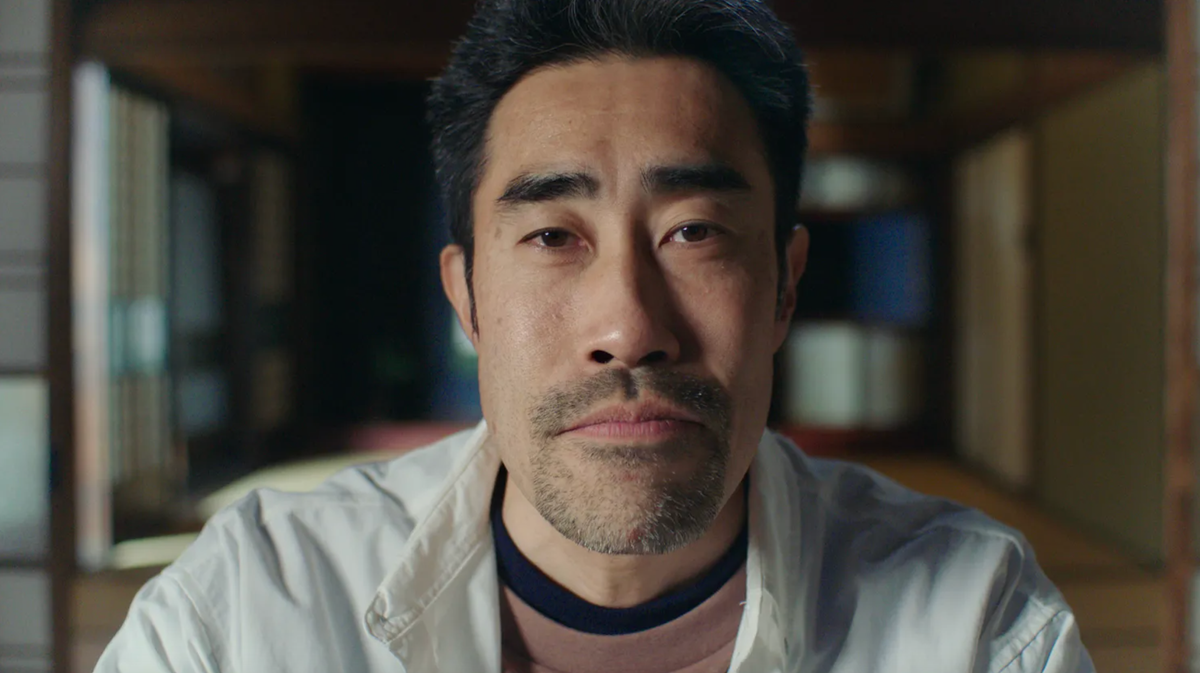
The Susunu! Denpa Shōne contesant says he didn’t realize until very recently that he may have inadvertently created the emoji’s double meaning.
While viewers of Hulu’s The Contestant might have felt a little surprised to learn that the eggplant emoji had found life as a stand-in for male genitalia as a result of a Japanese reality show, reality star Tomoaki Hamatsu (better known as Nasubi) was even more surprised — especially because he just found it out himself during an interview. While widespread use of the eggplant emoji in its R-rated meaning started in around 2012, it was 1998 when producers on Susunu! Denpa Shōne used the emoji to cover Nasubi’s nether region. There is some debate as to whether the show is responsible for establishing the association with American audiences, but it’s difficult to argue that it isn’t what Japanese audiences were thinking about when the shorthand took hold.
For Nasubi, apparently he never realized the impact he had on meme culture…because he hadn’t watched enough of the show to know they were using an eggplant for his junk. Of course, since the premise of the show was that he would be starved and naked, forced to survive on what he could win from magazine sweepstakes…well, let’s just say you can’t blame him for not watching the whole thing.
“Well, yesterday on a social network interview, somebody mentioned that, and it was the first time that I found out the eggplant emoji was used for that,” Nasubi said. “I had no knowledge of it. So it was very shocking. I don’t know if I should feel honored or not, but I feel like I have to apologize to eggplants.”
The reason was less about the eggplant’s resemblance to a penis, and more for an even simpler reason: when looking for a quirky and creative way to obscure Hamatsu’s private parts, they used an eggplant — the Japanese word for which is “nasubi.” It’s a chicken-and-egg thing: his nickname is what inspired the use of the eggplant, not the other way around.
If there’s one thing to be said for The Contestant, it’s that the clinical detachment of the documentary format doesn’t quite sell the insanity of the experience, leaving audiences a little less traumatized than they might have been with a little more emotional intimacy. That said, it was important to the filmmakers that they avoided getting too deep and re-traumatizing Nasubi himself.
Here’s how Hulu describes The Contestant:
The incredible true story of a man who lived for 15 months trapped inside a small room, naked, starving and alone… and completely unaware that his life was being broadcast on national TV to over 17 million viewers a week.







